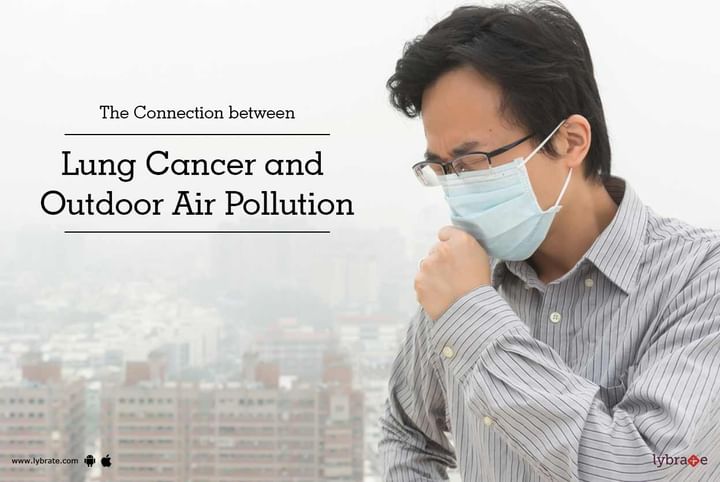The Connection Between Lung Cancer & Outdoor Air Pollution!
Lung cancer is the cancer killer of both men and women in the world. When you think of risk factors for lung cancer, what comes to mind? Most of us think about the risk associated with smoking cigarettes, but did you know that air pollution can also cause lung cancer? Overwhelming evidence shows that particle pollution in the outdoor air we breathe—like that coming from vehicle exhaust, coal-fired power plants and other industrial sources - can cause lung cancer. Particle pollution increases the risk of dying early, heart disease and asthma attacks, and it can also interfere with the growth and function of the lungs.
What is Particle Pollution?
Particle pollution is a mix of tiny solid and liquid particles in the air and can be made up of a number of components, such as acids, organic chemicals, metals, soil and dust particles. It can be emitted directly from wood stoves, forest fires, vehicles and other sources, and it can also form from other types of pollution that come from sources like power plants.
Why does particle pollution harm our bodies?
While breathing in larger sizes of particle pollution can be harmful to our health, smaller particles are more dangerous. Bigger particles can irritate your eyes, nose and throat, but our natural defenses help us to cough or sneeze them out of our bodies. Unfortunately, those defenses don't keep out smaller particles, which get trapped deep in the lungs and can even get into the bloodstream, causing damage to our health.
Who is most at risk?
As for who is at risk for health problems from breathing in particle pollution. Those who live where particle pollution levels are high is at risk. Some people face higher risk, including children, the elderly, people with lung and heart disease and diabetes, people with low incomes, and people who work or exercise outdoors.
How do we protect ourselves from particle pollution?
Check the air quality index forecast for the day and limit your activity if pollution levels are high. Avoid exercising along heavily traveled highways regardless of the overall forecast.
As individuals, we can play our part in reducing air pollution levels by trying to avoid creating more of it. Choosing ‘active travel’ options where possible, like walking and cycling, can help reduce pollution levels from transport and is also a great way to be more active, which is linked to a reduced risk of cancer and other diseases. In case you have a concern or query you can always consult an expert & get answers to your questions!



+1.svg)
